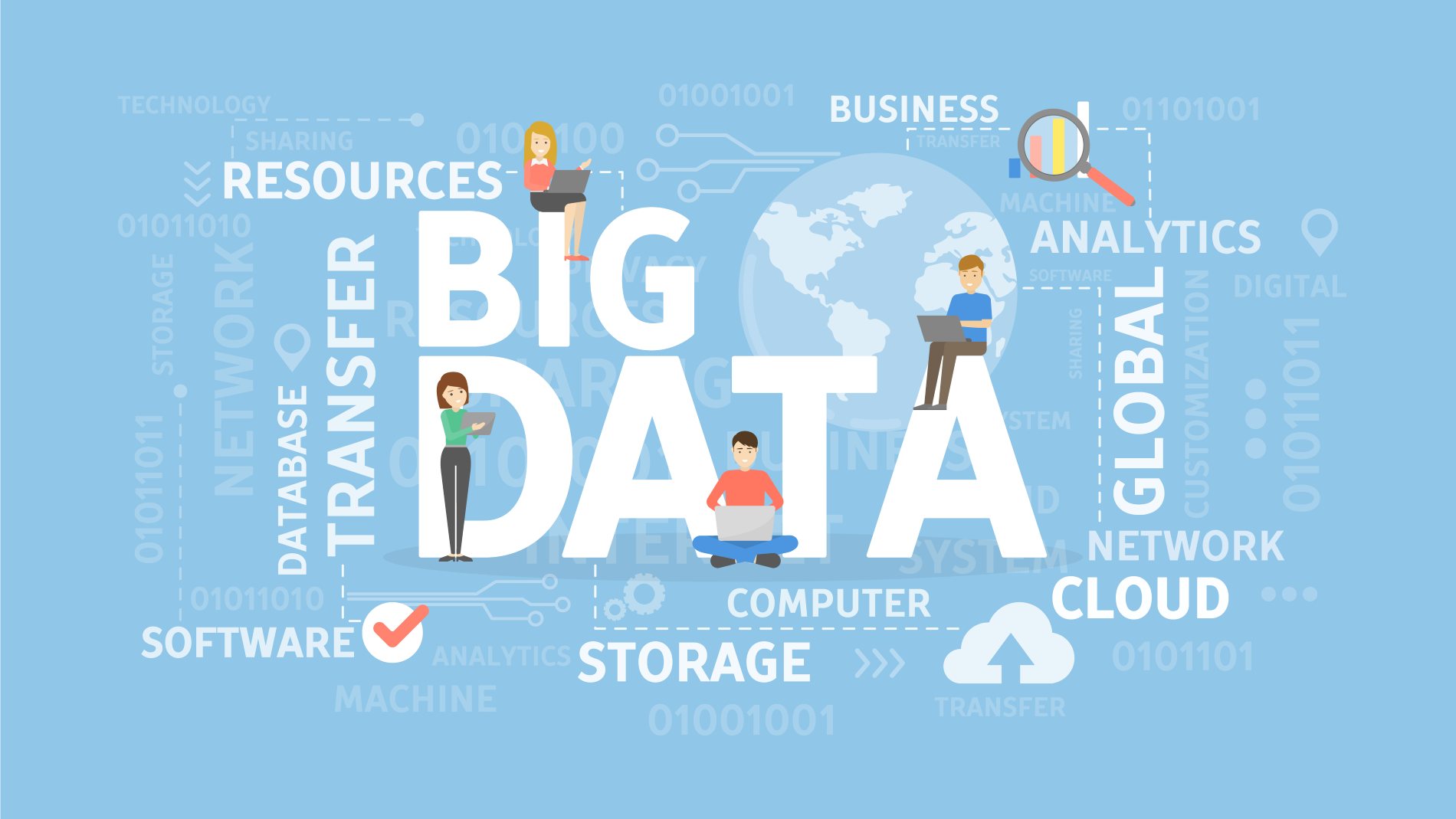Tag: data management
Big Data vs Fast Data: 7 Hacks to Boost AI by 200% in 2025
Big Data vs Fast Data: Optimize Your AI Strategy In today’s world, data is the backbone of artificial intelligence (AI) and automation. But not all [Read More…]
5 Ways Data Lakehouses Enhance Generative AI Accuracy
The fast-paced world of artificial intelligence sees generative models—creating text, images, or music—relying heavily on the quality and freshness of data. A data lakehouse, a [Read More…]
How to Partition Your Storage Drive (HDD/SSD) in Windows 11
Partitioning your hard drive or SSD in Windows 11 is a powerful way to organize your storage, optimize performance, and manage data efficiently. If you’re [Read More…]
Why Every Data Analyst Should Use SQL Views
In the bustling world of data management, organizations are constantly bombarded with an overwhelming amount of information. Imagine a large retail company that collects data [Read More…]
Unlocking Data Observability: Ensuring Data Quality and Reliability
Data observability refers to the ability to understand the health and state of your data systems continuously. Unlike data monitoring, which is more reactive, data [Read More…]
Data Governance Essentials: The Key to Unlocking Business Value Through Quality Data
Data governance refers to the management framework that ensures data integrity, security, and availability within an organization. It’s about having structured policies and procedures in [Read More…]
Why Data Fabric is the Key to Scalable and Agile Data Strategies
In simplest terms, Data Fabric is a unified architecture and platform tailored to streamline data management processes. It integrates data across different environments, be it [Read More…]
Block Storage vs File Storage: Key Differences and Use Cases Explained
Block storage and file storage are two of the most common methods used in modern IT infrastructures. While both serve the essential function of data [Read More…]
Object Storage Explained: Benefits, Use Cases, Key Features & More
In today’s data-driven world, object storage stands out as a highly efficient means for saving and managing vast amounts of unstructured data. Object storage, a [Read More…]
SQL vs NoSQL in 2024: Navigating the Database Landscape
SQL (Structured Query Language) and NoSQL (Not Only SQL) represent two distinct approaches to data storage and retrieval. SQL databases, known for their structured schema [Read More…]










